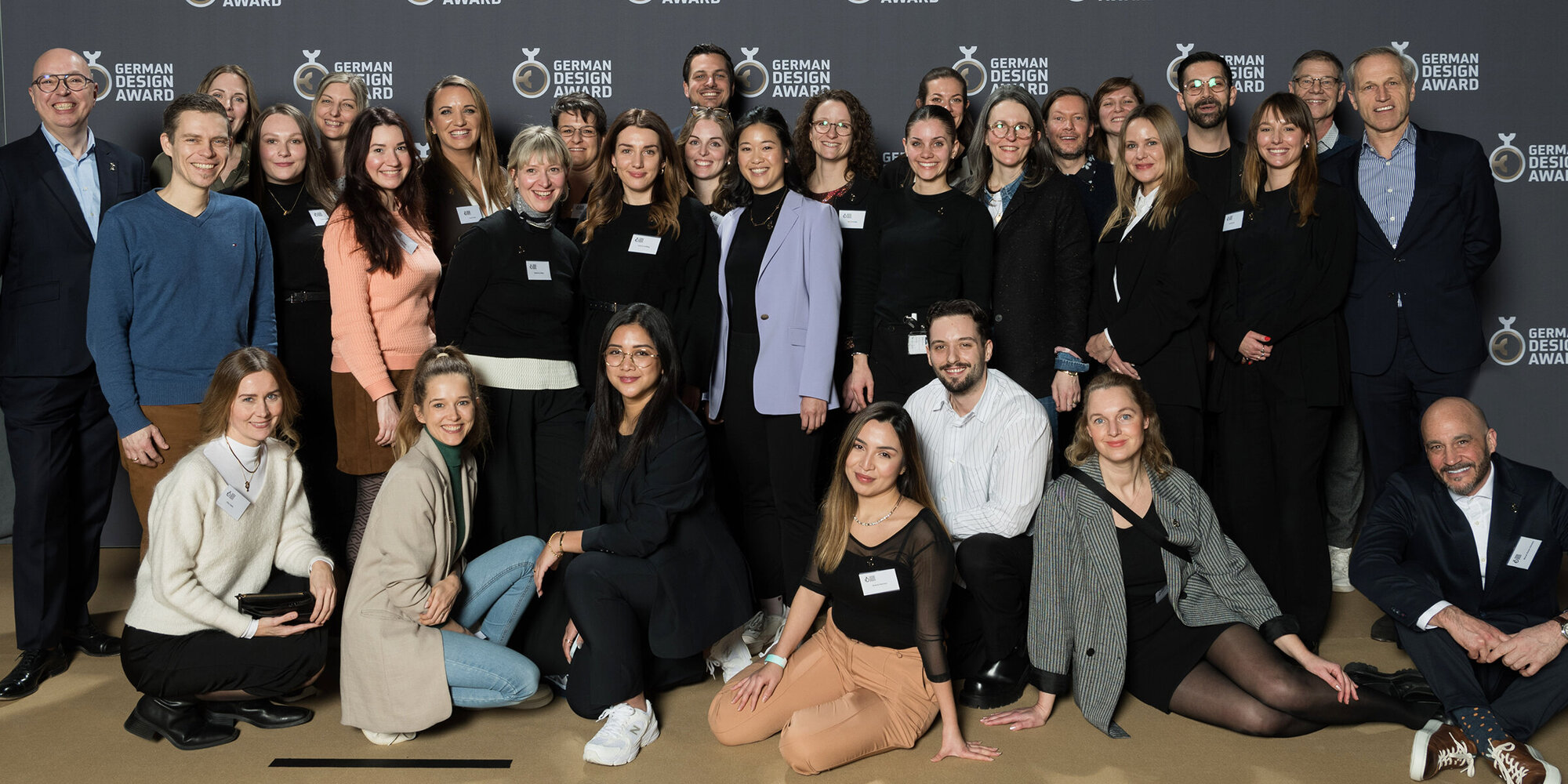Contact
International
Our awards team at the German Design Council works with a growing number of representatives in various countries to strengthen local exchange and networking. If you have any questions about this, feel free to contact our local representatives in your country.
Africa 1
(Morocco, Algeria, Tunisia, Mauritania and Malta)
Ines Ben Youssef
PHONE +49 151 67 66 66 89 (Germany)
PHONE +216 22 325 123 (Tunisia)
America
(South America, Central America, Mexico)
Sonia Denisse Prinz
sprinz.americalatina@gdc.de
PHONE +49 176 6132 7905 (Germany)
PHONE +51 964 849 745 (Peru)

